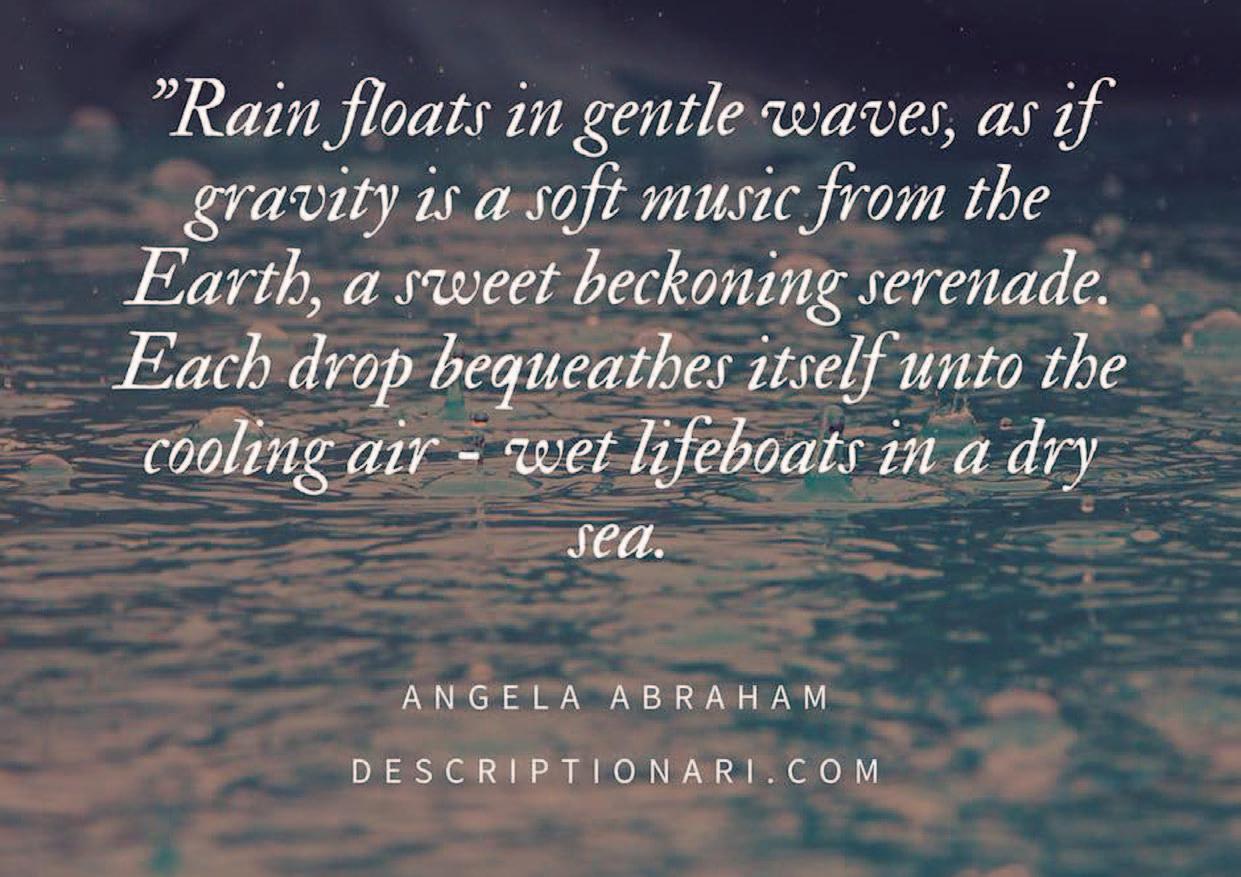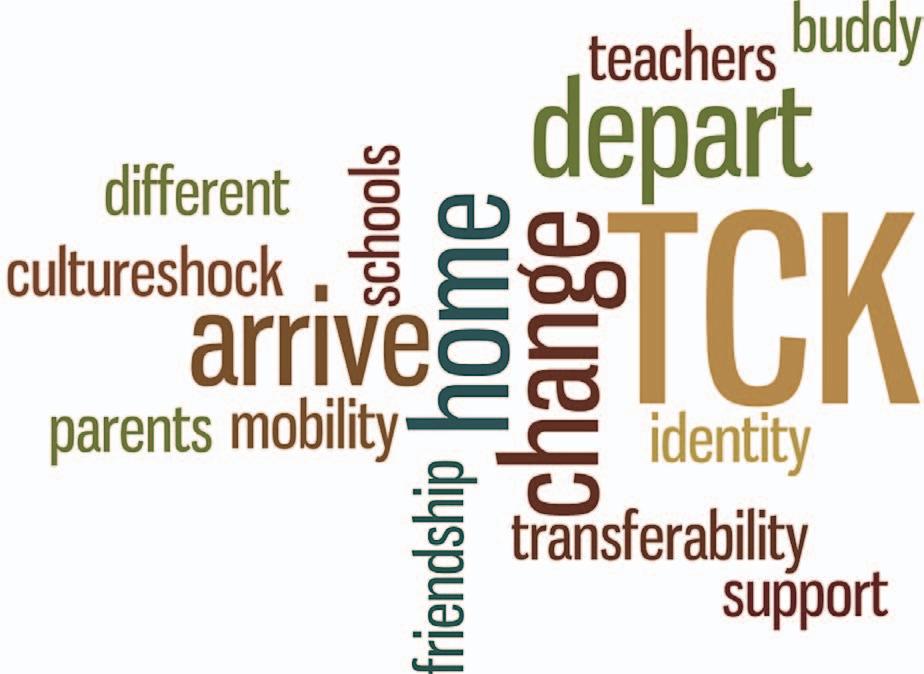Views on the TCK label
shock’ cycles identified by numerous experts (an emotional high followed by a plunge into the depths of despair), facing the same challenges identified by Useem, and later Useem and Baker-Cottrell: classic TCK stuff. Even the multi-mover, experienced TCKs who have joined my school go through that initial period of reticence as they observe and figure out the new culture, or what my former colleague and cross-culture trainer Corinne Rosenberg described as ‘the way we do things around here’. The facility and ease with which our new multi-mover, sequential multilingual TCKs at school engage with English as another new language with more ease than the monolingual first-time movers is another indicator and characteristic of the TCK. The pain that we know some students are experiencing because they failed to ‘leave well’ their last location, in part because of the short notice given by the employer, is painful to watch no matter how often we see it. My emotional response stems from my day-to-day interactions with people I encounter in my work in an
international school. It’s fine for the academics to challenge the relevance in 2017 of this term first coined in the mid-20th century. I agree that the ‘species’ is becoming increasingly complex with the growth in dual-national and second generation TCKs. There are new areas that should be explored through research. Maybe new ‘terminology’ needs to be devised for these kids. Perhaps TCK2 would fit? I personally loathe the TCK label, but it’s the understood jargon, and the one that works on Google! The original, garden-variety TCK first identified by Ruth Useem is still out there, and is still moving abroad for the first time and still experiencing the same sentiments, confusions and awareness of ‘being different’ that I first felt when I repatriated to the USA from Belgium at the age of 6. Rant over! Mary Langford is an Adult TCK who attended 8 schools in 3 languages on 3 continents before graduating from high school. Email: mary@langfordiec.com
Is the label applicable in the real world? Shamiela Davids says that calling young people ‘TCKs’ overlooks the reality Thank you to Mary Hayden and Jeff Thompson for opening up discussion (in the last issue of International School) about the scope and appropriateness of the term Third Culture Kid (TCK). My contribution is to ask to what extent the term has applicability in the reality of the world today. I asked my class of Year 13 students, many of whom are international, the provocative question: did they think the term Third Culture Kid was rather quaint, and elitist? The term seems to reflect the reality of a very small proportion of those who are internationally mobile. In its narrow definition the term appears to refer only to those living in and being educated in foreign countries because they are the children of professional expatriate families; in other words, owing Autumn
Spring |
| 2018
their mobility to their parents’ employment. In my view, this overlooks the reality of many young people in the world today who are the victims of forced demographic shift, instilling in them not a rose-tinted global worldview of multiculturalism but a permanent, aching sense of alienation and dislocation. In other words, could we apply the term Third Culture Kid to refugees and asylum seekers, and how might that fit? The concept of the TCK is interesting because it raises issues of identity. So much of what we identify with comes from our surroundings. A problem faced by most young people being raised in one culture while identifying with another is that they feel their identity is, on the one hand,
9



















